Alleged killer teen driver’s criminal history exposes state’s ‘powerless’ youth crime laws
The teenager allegedly behind the wheel of a stolen car that killed three innocent people, including a 17-year-old girl, in Maryborough was known to police and under the watch of the state.
QLD Politics
Don't miss out on the headlines from QLD Politics. Followed categories will be added to My News.
The teenager allegedly behind the wheel of a stolen car that killed three innocent people in Maryborough was known to police as a serial motor vehicle thief.
The Courier-Mail understands the youth offender was living in residential care under the watch of the state in the Wide Bay region at the time of the horrific crash involving a stolen Mercedes Benz on Sunday night.
While the 13-year-old was known to authorities he had a limited criminal history, and was not wanted by police for any outstanding offences.
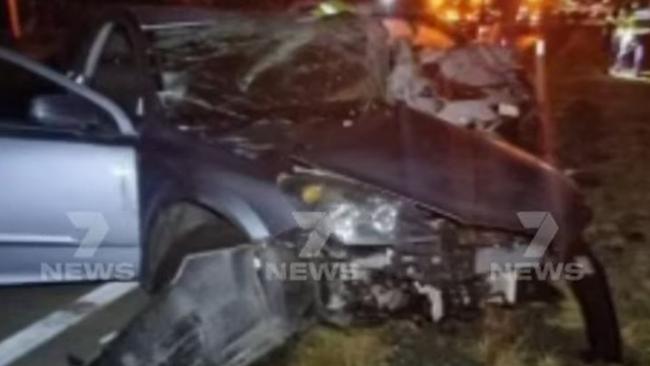
Premier Annastacia Palaszczuk defended her government’s highly -criticised new youth crime legislation in the wake of the tragic deaths of nurse Sheree Robertson, 52, teen Kelsie Davies, 17 and pastor Michale Chandler, 29.
A fourth person, 23-year-old Kaylah Behrens, remains in a critical condition.
Ms Palaszczuk said “no-one is going to stop youth crime” as she stood by her government’s record on the problem, and sidestepped questions over secrecy surrounding court appearances by alleged juvenile criminals.
The Premier also pleaded for more time for “the toughest laws in Australia” to have an impact, and also put the blame back on bad parents.
“Both sides of politics voted for these stronger laws – they are the strongest laws in Australia that have been put in place,” she said.
“They will take time to come into effect, but we have to do more in terms of early intervention programs. GPS trackers are being rolled out.
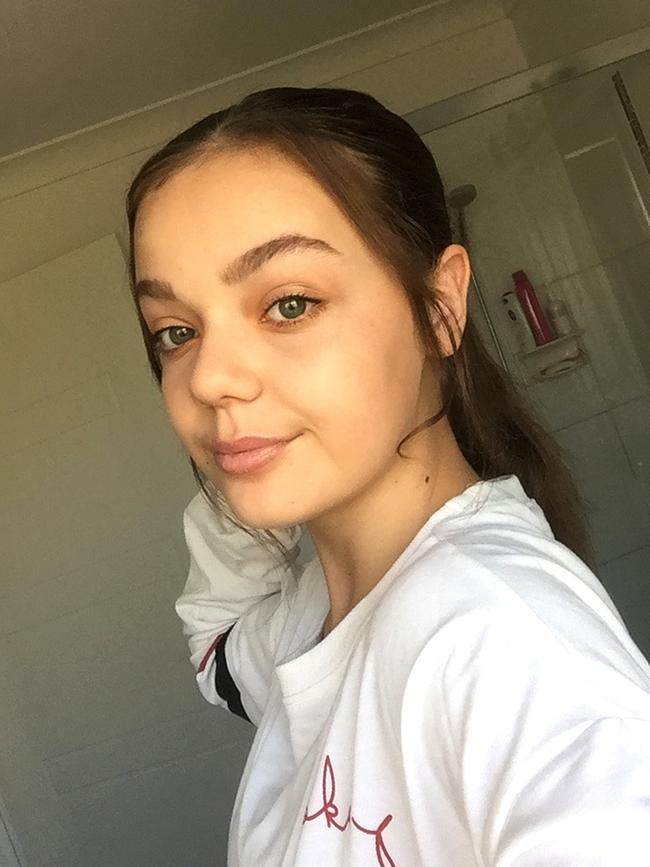
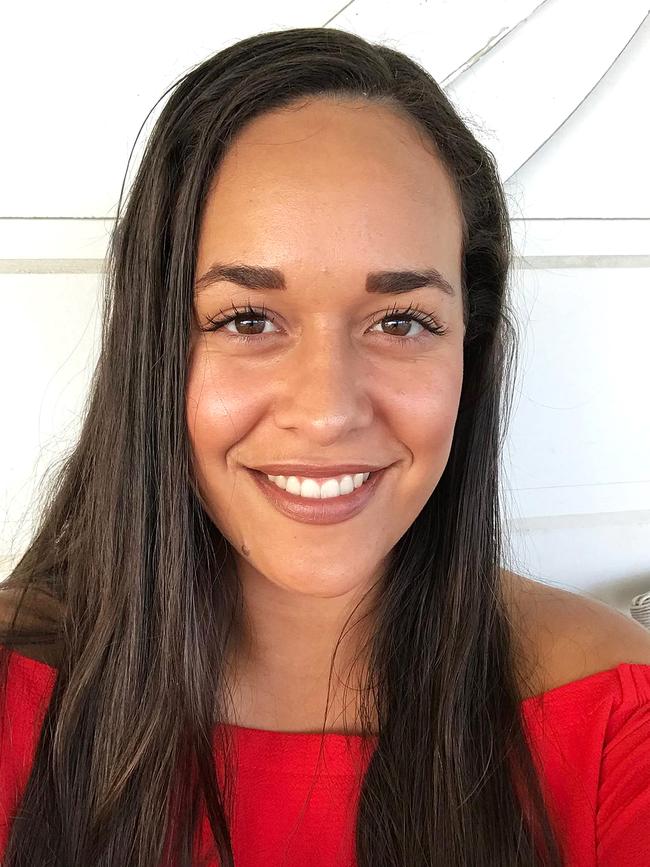
“There is a case to be said too for more parental responsibility as well and where we can we are assisting families. A lot of these young people are coming from broken homes.”
Ms Palaszczuk also said her government was “throwing a lot of money” at the youth crime problem but new laws introduced last month were “not just going to come into effect overnight”.
The government’s new youth crime legislation was controversially pushed through parliament in March following the high-profile alleged murder of mother-of-two Emma Lovell on Boxing Day.
The highly-spruiked changes included new laws which targeted repeat serious repeat offenders, the introduction of breach of bail, and $100m invested in diversion and rehabilitation.
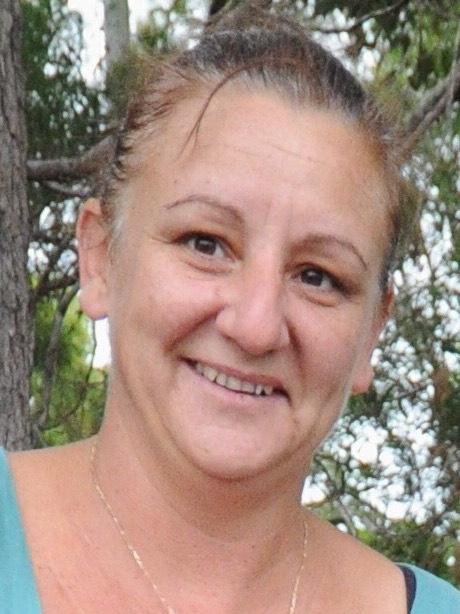

The government also sought to increase the maximum penalty for unlawful use of a motor vehicle from seven years to 10 years’ imprisonment, amend the Youth Justice act requiring courts to take into account previous bail history, criminal activity and track record when sentencing and increase penalties for teens who boasted of their crime son social media.
But the new laws would have done little to nothing to prevent a young person with a minimal criminal history – but known to police – from being back on the street and reoffending, experts say.
Significant parts of the legislation is targeted towards serious repeat offenders, while the expansion of the GPS tracker programs – as touted by the Premier – can only be used on children 15 years and older.
Bond University criminologist Dr Terry Goldsworthy said stealing cars was not a low-risk crime, but only a fraction of youth offenders – about 6 per cent over the past 15 years – would ever face detention.
“These new laws wouldn’t have any impact (on this offender) – they are smoke and mirrors,” he said.
Numerous experts, including the Queensland Law Society, were critical of the fast-tracking of the changes, with advocates given less than three business days to make a submission on the legislation.
Opposition Leader David Crisafulli said every Queenslander had the right to feel angry about another fatal tragedy involving youth offenders, after travelling to Maryborough on Tuesday in the wake of the horrific crash.
He said now the state had implemented the LNP’s longstanding policy of breach of bail, he would push to remove detention as a last resort.
“This matters to Queensland. They want to see consequences for actions,” Mr Crisafulli said.
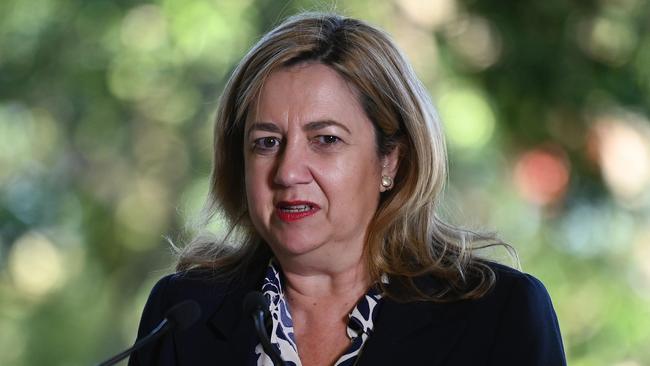
“They want to see the unshackling of the judiciary to remove detention as a last resort. And they want to know that early intervention is a priority and we can turn kids around.
“Right now what is happening in Queensland is not working on both ends of the spectrum.”
Ms Palaszczuk also refused to be drawn on secrecy surrounding court appearances by alleged juvenile criminals, saying the judiciary was independent of government.
Media were barred from covering the appearance of the 13-year-old charged following the Maryborough crash, despite applications from multiple outlets to be allowed inside when the teenager appeared.
The Premier was asked about a perceived lack of transparency in children’s courts preventing journalists and victims of crime from entering and getting information.
“I think they’re matters that you should put to the courts,” she said.
Reminded that she was the Premier and could change laws, Ms Palaszczuk said: “There are separation of powers (between the government and the judiciary) … they’re questions you should put to the courts.”
The Chief Magistrates Office declined to comment on the Premier’s comments.




